Moving To Japan? Here's What You Should Know About Taxes

Just like Japanese citizens, foreign residents are required to pay taxes. In addition to health insurance and pension, what taxes must be paid by short to long-term residents in Japan? This article cover the withholding tax for working holidays, tax exceptions, and the My Number ID system.
Living in Japan: What Finances Are You Required to Pay?
When living in Japan, you are required to follow the procedures for taxes, national pension, and various insurance payments. This article will provide you with a brief overview of each system's procedures.
Health Insurance and National Pension System
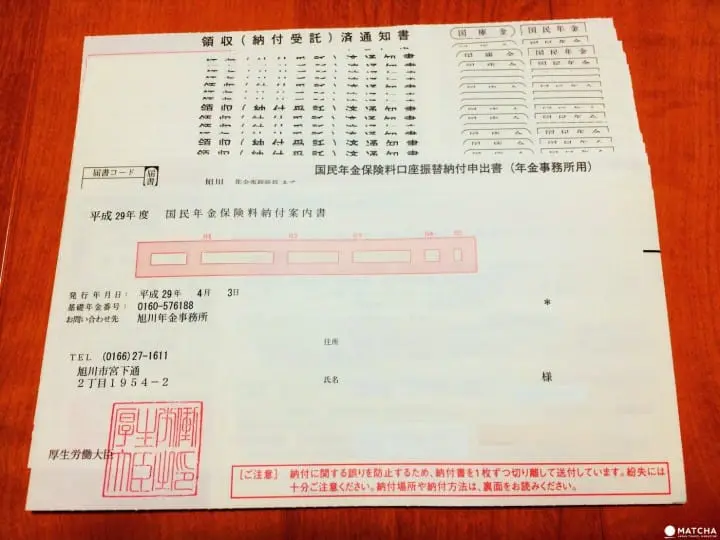
Residents of Japan between the ages of 20 to 60 years old must have health insurance and enroll in the national pension system. Individuals with health insurance will be reinbursed expenses incurred from illness or injury. The type of insurance will depend on your occupation.
Meanwhile, the tax money you pay for the national pension will act as savings for your retirement.
Entrepreneurs, Freelancers, and Students
If you are either self-employed or a student, you must enroll in the National Health Insurance (NHI) and the national pension system.
Company Employees or Civil Servants
These individuals are covered by the Employees' Health Insurance (EHI) and the Employees' Pension Insurance (EPI). Social insurance is the collective term for medical, welfare pension, nursing care, unemployment, and accident insurance. Full-time employees are automatically enrolled, and the insurance payment is deducted from their salary.
Taxes Residents Are Required to Pay
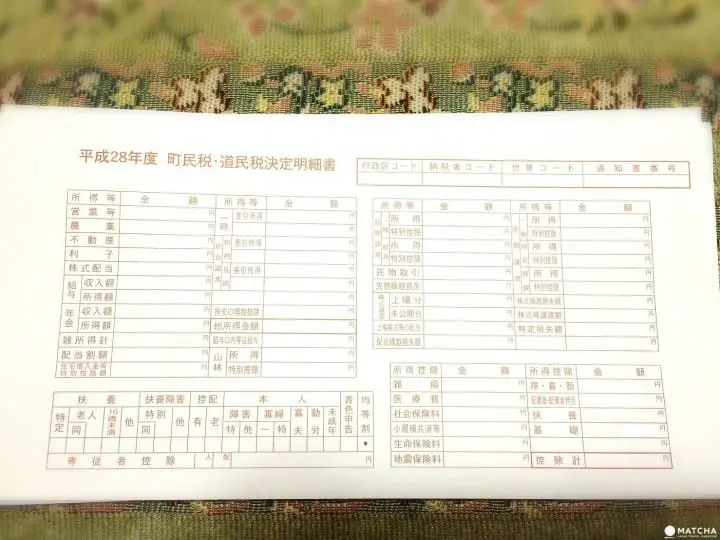
If you have a Japanese address or have lived here for at least a year, you are considered a resident. All residents are required to pay income tax, health insurance premiums, national pension, and residence tax.
Taxes Non-Residents Are Required to Pay
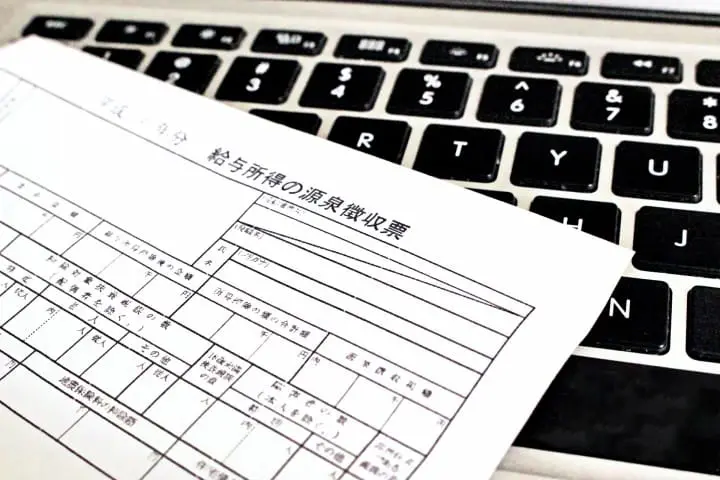
If you plan on staying in Japan for less than a year, such as on a working holiday visa, you are considered a non-resident. Non-residents will have a 20.42% withholding tax deducted from their income.
Payment Requirements for Health Insurance and Pension
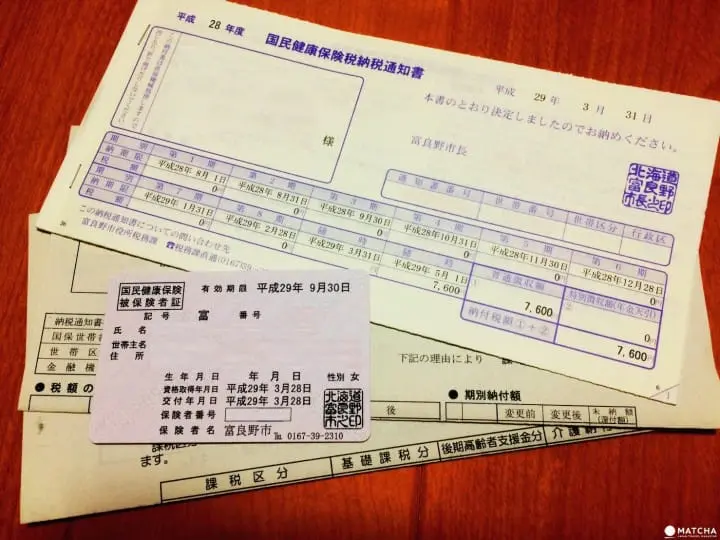
After moving and submitting paperwork to your local government office, you will receive a payment notice for national heath insurance and pension. Non-residents can take this notice to their local office to apply for an exemption from the national pension tax. However, you must enroll in the National Health Insurance. This will save you money when visiting a doctor for health check-ups.

Some companies offer social insurance for those on working holidays. Check with your employer to see if you're eligible.
Tax Deductions for People on Working Holidays
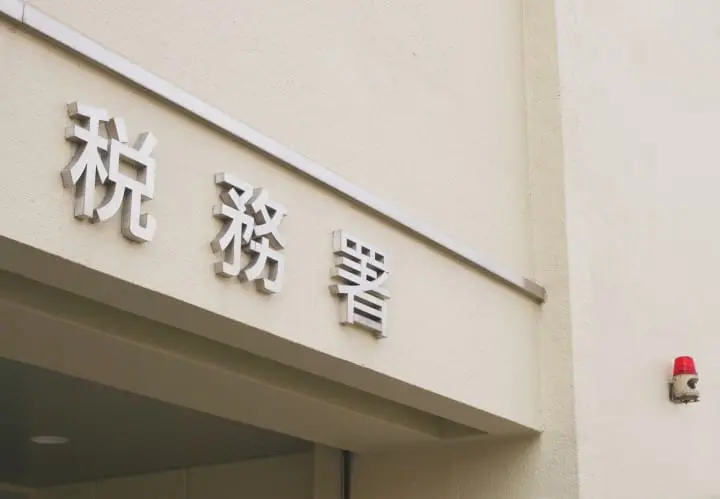
Similar to Japanese citizens, non-residents on a working holiday visa can receive tax deductions by filing an income tax return.
The amount paid for the hometown tax donation program (furusato nozei) is also tax deductable.
What Is the My Number ID System?
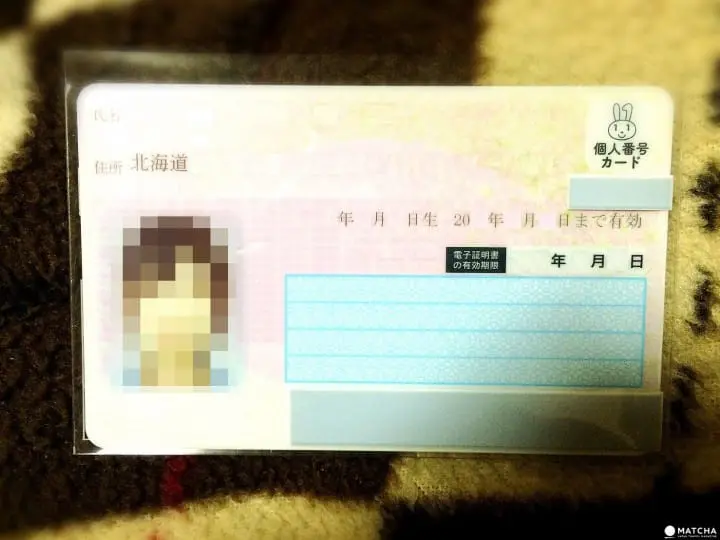
The My Number ID system (alternatively called "My Number") is a 12-digit number issued to all citizens and residents of Japan. If you're a foreign resident with a residence card, you will receive a "My Number" card after your certificate of residence is issued.
You will obtain a "My Number" card by mail a few weeks after creating your residence card. While you can also request an Individual Number, the notification card is adequate enough. The crucial thing to remember is your number. Make sure never to lose your card or forget your number.
Understand the Japanese Tax System
The introduction of the My Number ID system has allowed the Japanese government to closely manage your tax payment status. Moreover, your tax payment records may affect your visa application, so make sure to understand the system and pay your taxes on time.







































![[ Naruto City, Tokushima Prefecture ] Experience the world's largest whirlpools up close on a sightseeing boat at the Spring Whirlpool Festival!](https://resources.matcha-jp.com/resize/720x2000/2025/02/05-222727.webp)
![[Niigata] Skiing and snowboarding are just not enough! Fun snow spots for parents and children](https://resources.matcha-jp.com/resize/720x2000/2026/01/29-256901.webp)

